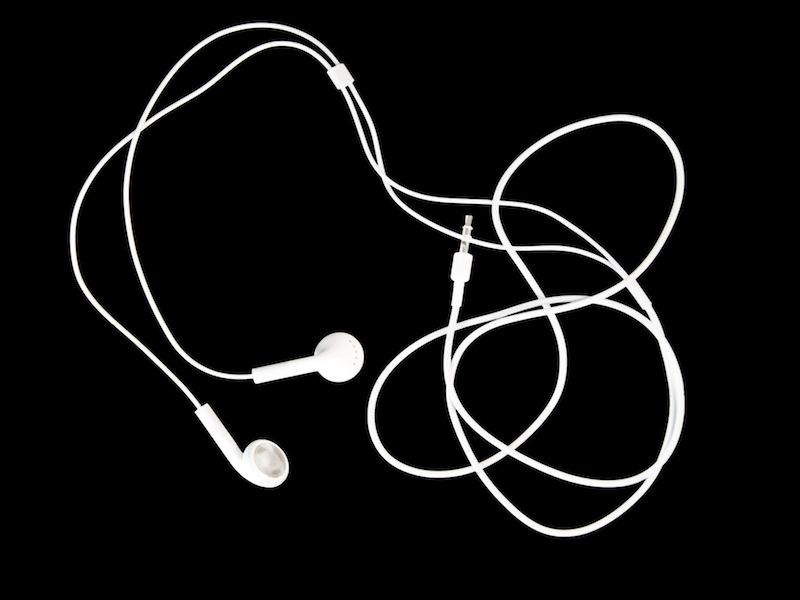
If you haven’t had your hearing tested since you were in grade school, you’re not alone. It’s not usually part of a routine adult physical and sadly, we often deal with hearing reactively rather than proactively. In fact, even when they recognize they have hearing loss, most people ignore it for as many as seven years which can significantly impact your health. As a matter of fact, in the long run, it’s been proven that your overall health cost will go up if you have untreated hearing loss.
The good news, In order for our hearing professionals to help you, we suggest a hearing exam which is easy, painless and supplies a wealth of information. Both to find out if interventions like hearing aids are helping you and also for diagnosing potential hearing issues. When you were younger, you may recall the audiometry test from school, but a full hearing test will give you a better understanding of your hearing without a lollipop or sticker.
It’s crucial that you routinely get your hearing checked even though you might not typically give your hearing as much attention as your teeth or eyes. It can be a long time before you detect that there is a problem with your hearing. Hearing loss usually occurs gradually, and the earlier you detect a problem with your hearing, the sooner you may be able to fix it.
How do You Know When to Get Examined?
Typically the hospital will screen infants for hearing loss before they release them. The American Academy of Pediatrics suggests that children have formal hearing screenings when they are 4, 5, 6, 8 and 10 years of age and that teenagers should have hearing tests during wellness appointments with their physicians.
If you are in between the ages of 18 to 45, it is recommended that you have your hearing examined every five years and then more frequently as you age. You should get tested every three years if you are between 46 and 60 years old and then every two years after you turn 60. But you may need to get tested more often. Your unique situation will determine when you need to be an exam. You should get your hearing tested immediately if you find that it isn’t as good as it once was. Untreated loss of hearing has been connected to cognitive decline, depression and a greater risk of falling and other health problems. It can also impact your relationships and your ability to do work effectively.
There are also some circumstances in which you should get a hearing test as soon as you can to address loss of hearing that could get worse. The following situations suggest that you need to get a hearing test right away:
- Your ear was infected, or there was a buildup of earwax
- Asking people to repeat themselves is something you have to do constantly
- It is difficult to pinpoint where sounds are coming from
- Your ears have constant ringing in them
- You are unable to hear conversations, particularly when in crowded areas
- You are experiencing vertigo
Whether you are at risk of hearing loss is another factor. As an example, if loss of hearing runs in your family or you are exposed to loud noises on a regular basis you should get your hearing examined more often.
There are also more than 200 ototoxic medications. These drugs can be very harmful for your hearing and they range from some antibiotics to aspirin. Consult your doctor to make certain any medicines you are taking aren’t affecting your hearing. Consider having your hearing tested more frequently in order to address any loss of hearing right away if you are using any ototoxic medications.
Also, take into consideration how your habits could be impacting your hearing loss. Frequently using your earbuds? Hearing loss has substantially increased in younger people, and many experts think that this is due to the use of headphones and earbuds. Loud concerts, shows, or machinery can also do considerable harm to your hearing. Schedule your hearing test today if it’s time for you to have your hearing examined.







